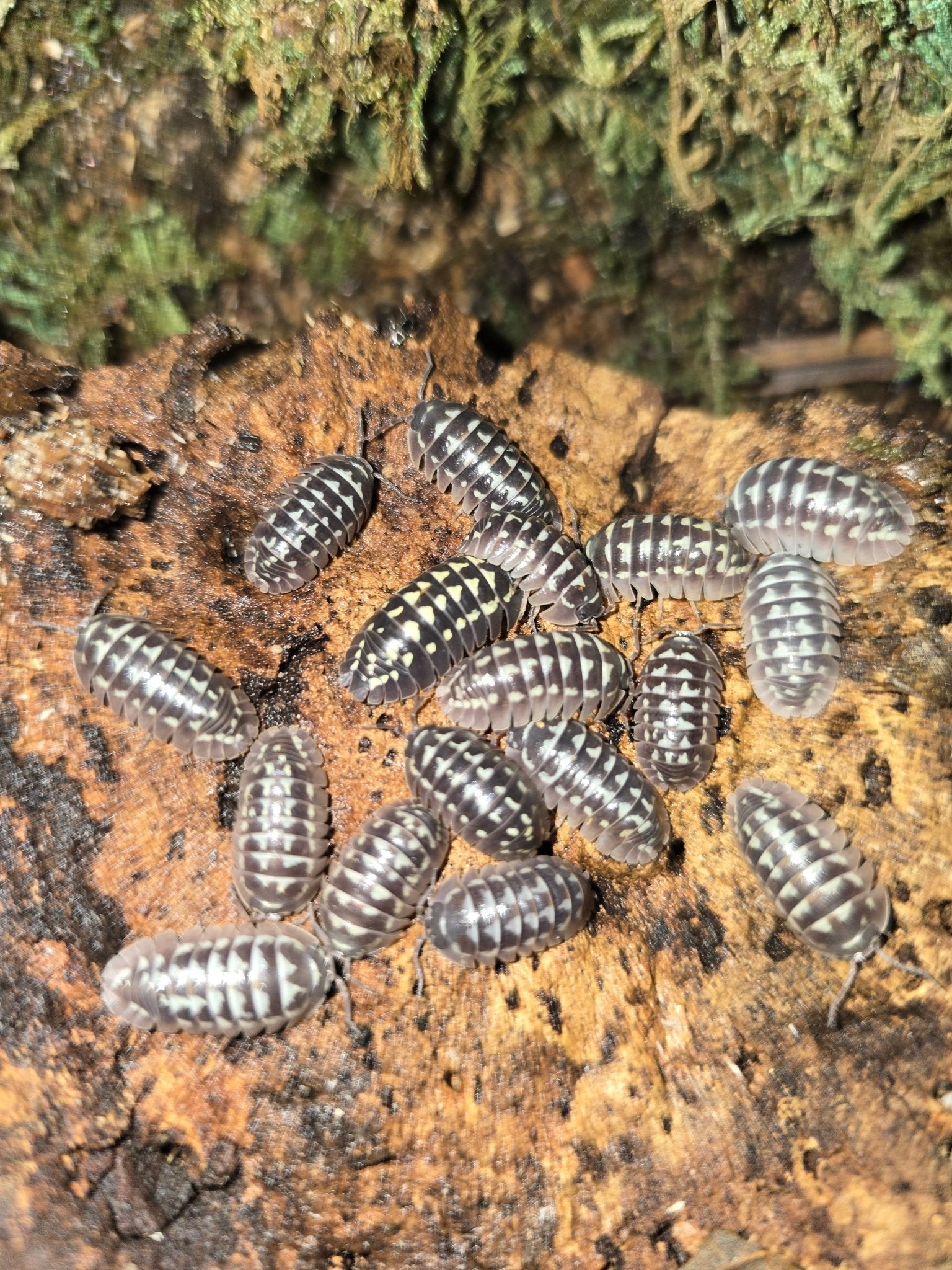Are you tired of finding small, creepy crawlies in your garden and disrupting the beautiful aesthetic of your environment? , also known as pill bugs or rolly pollys, are one such insect that can be found in a garden. They may be cute to some, but they can be destructive to your plants, and can easily multiply if left unchecked. Fear not, for with this simple tutorial, you can get rid of isopods using a cucumber trap! You don't need to be afraid—these isopods can't bite or spread disease.
Cucumbers have been found to be irresistible to isopods, making them a great lure for trapping them. You will need a few things to set up the trap: a cucumber, a small container, and a pair of scissors.
Firstly, cut the cucumber into small pieces and place them inside the container. It’s essential to choose a container that’s shallow enough since isopods prefer to dwell close to the ground. A plastic container, a plastic cup, or a paper cup cut to size will work perfectly. You can also use a potato cut in half as bait—potatoes attract isopods because of their nutrients and moisture.
Before adding the bait, fill the container with a bit of soil and spread some water to maintain the moisture that isopods need.
Now, place the container in an area where you have seen isopods roaming around. Ensure that the container is open, and it’s not fully covered with soil or vegetation to attract more critters. Within a few days, you’ll see isopods gathered inside the container, attracted by the scent of cucumber or potato. Watch the isopods as they collect in the container—some may curl into a ball for protection or scatter quickly when disturbed.
As soon as the container is full, pick it up, and discard the contents into a designated area far away from your garden. If you need to collect more isopods, gently lift logs or leaf litter to uncover additional ones. When transferring or discarding isopods, you can gently tap the potato or cucumber over the container to collect any remaining isopods.
Setting up multiple traps in different areas at the same time may be necessary for larger infestations. This technique may be helpful to minimize the isopod population until more thorough intervention may be taken.
If you decide to keep some isopods for observation, support their health by maintaining proper moisture and environment in their habitat.
In conclusion, setting up a cucumber trap is a fun, simple, and convenient way to manage a pesky isopod infestation. By following these easy steps and placing the traps around your garden, you can keep these little creatures under control, and enjoy a beautiful garden once again!
Introduction to Cucumber Traps
Cucumber traps are a simple yet highly effective method for catching wild isopods, often known as pill bugs or rolly pollies. These small critters are commonly found in gardens, leaf litter, and tucked away under logs, where they feed on decaying plant material and sometimes damage living plants. Isopods love to congregate in dark, moist environments, making cucumber traps an essential tool for anyone looking to control their populations. By using cucumber as bait, you can easily attract more isopods to your trap, increasing your chances of catching a variety of species. Not only is this method helpful for gardeners wanting to protect their plants, but it’s also a fun and educational tool for anyone interested in learning more about these fascinating creatures. Whether you’re looking to catch isopods for study or simply want to keep your garden healthy, cucumber traps offer a practical and enjoyable solution.
Creating a Suitable Environment
To maximize the effectiveness of your cucumber trap, it’s important to create an environment that isopods find irresistible. Isopods thrive in dark, damp places with plenty of food and shelter, so start by choosing a location where these conditions naturally occur. Look for spots with abundant leaf litter, under logs, or near dense plants where soil moisture is high. These areas are where isopods tend to congregate, making them ideal for setting your trap. To make your trap even more attractive, consider adding a bit of soil or a piece of bark inside the container. These features mimic the isopods’ natural habitat and provide extra incentive for them to enter the trap. By carefully selecting the right location and enhancing your trap with natural materials, you’ll increase your chances of catching more isopods and keeping your garden critter-free.
Choosing the Right Materials
Building an effective cucumber trap starts with gathering the right materials. A plastic container or cup is essential, as it provides a safe and secure space for isopods to fall into and prevents them from escaping. Choose a container that’s shallow enough for isopods to enter easily but deep enough to keep them inside. The cucumber serves as the main bait, attracting isopods with its scent and moisture. To prepare the trap, you might use a plastic spoon or scissors to cut the cucumber into smaller pieces and to help transfer captured isopods to another container if needed. Adding a bit of soil or bark to the trap can make it even more appealing, as it mimics the isopods’ natural environment. By selecting the right combination of container, bait, and natural features, you’ll create a trap that is both effective and easy to use, making it simple to catch and control wild isopods in your garden.









